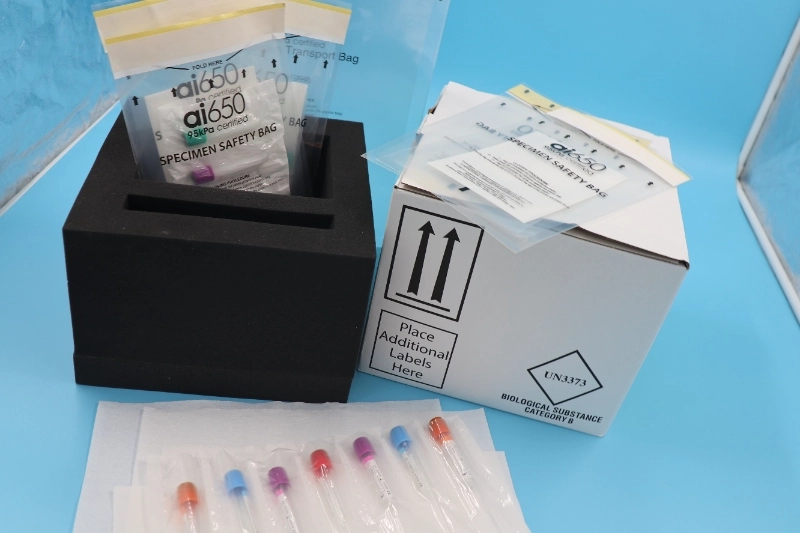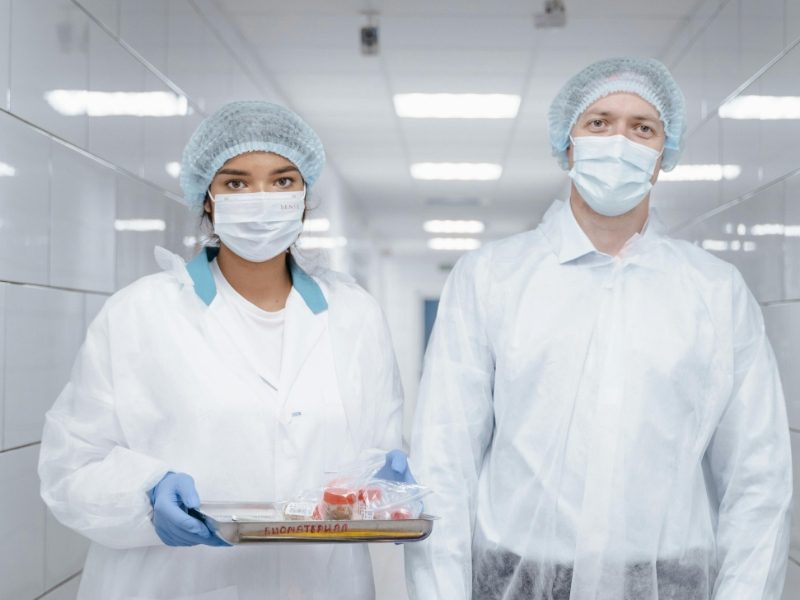Spotlight on 95kPa Bags and Refrigerated Solutions
Release time: 2025-10-14
In the ever-evolving field of medical and laboratory logistics, ensuring the safe and compliant transport of biological samples has become paramount. With increasing demands from healthcare providers, research institutions, and diagnostic labs, innovations in specimen transport solutions are making headlines. Today, we delve into key developments surrounding 95 kPa specimen transport bags, the supply of biological samples transport containers, laboratory sample bags, and refrigerated transport for biological samples. These tools are not just essential for compliance but are critical in maintaining sample integrity amid global health challenges.
The Rise of 95 kPa Specimen Transport Bags
The 95 kPa specimen transport bag has emerged as a cornerstone in the safe handling of potentially infectious materials. Designed to withstand pressure changes during air transport, these bags meet stringent standards set by organizations like the Department of Transportation (DOT) and the International Air Transport Association (IATA). They feature liquid-tight seals, tamper-evident closures, and often include absorbent materials to contain any leaks, making them ideal for shipping blood vials, swabs, and specimen containers.
Recent market trends show a surge in demand for these bags, driven by the need for reliable secondary packaging in biological substance shipments. Suppliers like Therapak and AIC are leading the charge, offering variants that accommodate multiple tubes or devices while ensuring leakproof performance. For instance, bags sized at 6″x9″ or larger are commonly used in clinical settings, providing a cost-effective way to comply with biohazard regulations
Expanding Supply of Biological Samples Transport Containers
The supply of biological samples transport containers is witnessing robust growth, with manufacturers ramping up production to meet global needs. These containers, often paired with 95 kPa bags, include rigid canisters and mailers that protect samples during transit. AIC catalog highlights dual mailers designed for both mailing and courier services, emphasizing durability and ease of use.
Industry experts note that the supply chain for these containers has become more resilient post-pandemic, with innovations focusing on sustainability and reduced plastic usage. Companies like AI 650 are introducing eco-friendly options that maintain high safety standards without compromising on protection. This shift is crucial as labs worldwide seek suppliers that can deliver bulk quantities—such as cases of 200 bags—for efficient operations.
Laboratory Sample Bags: Versatility Meets Compliance
Closely related are laboratory sample bags, which serve as versatile tools for everyday lab workflows. These bags, often featuring biohazard symbols and back pockets for requisition forms, are used for internal transport within facilities or short-distance shipments. Available in various sizes, they ensure samples remain uncontaminated and traceable.
A key advantage is their adaptability; for example, 95kPa-rated versions double as transport solutions for pathogenic microorganisms, blood, or tissues. AI 650 offer specialized lines that cater to high-volume needs, with prices starting around $170-220 for packs of 100, making them accessible for small to large labs.
Refrigerated Transport for Biological Samples: Preserving Integrity
No discussion on sample transport is complete without addressing refrigerated transport for biological samples. Temperature-sensitive specimens, such as vaccines, tissues, or diagnostic cultures, require controlled environments to prevent degradation. Systems incorporating refrigerant packs, insulated packaging, and 95 kPa bags are now standard for Category B shipments.
AIC’s refrigerated kits, which include absorbent materials and labeling, exemplify this integration, allowing for safe overnight or international delivery. As global research accelerates—think biobanking and clinical trials—these solutions are vital for maintaining chain-of-custody and sample viability.
Implications for Labs and Healthcare
As regulatory bodies tighten guidelines on biological transport, investing in high-quality 95 kPa specimen transport bags, robust supply of biological samples transport containers, reliable laboratory sample bags, and advanced refrigerated transport for biological samples is no longer optional—it’s imperative. These advancements not only enhance safety but also streamline operations, reducing risks and costs.
For lab managers and procurement teams, partnering with trusted suppliers ensures compliance and efficiency. Stay tuned for more updates on emerging technologies in this space, and consider evaluating your current transport protocols to align with best practices. If you’re in the market, exploring options from established brands could be your next step toward safer sample handling.


